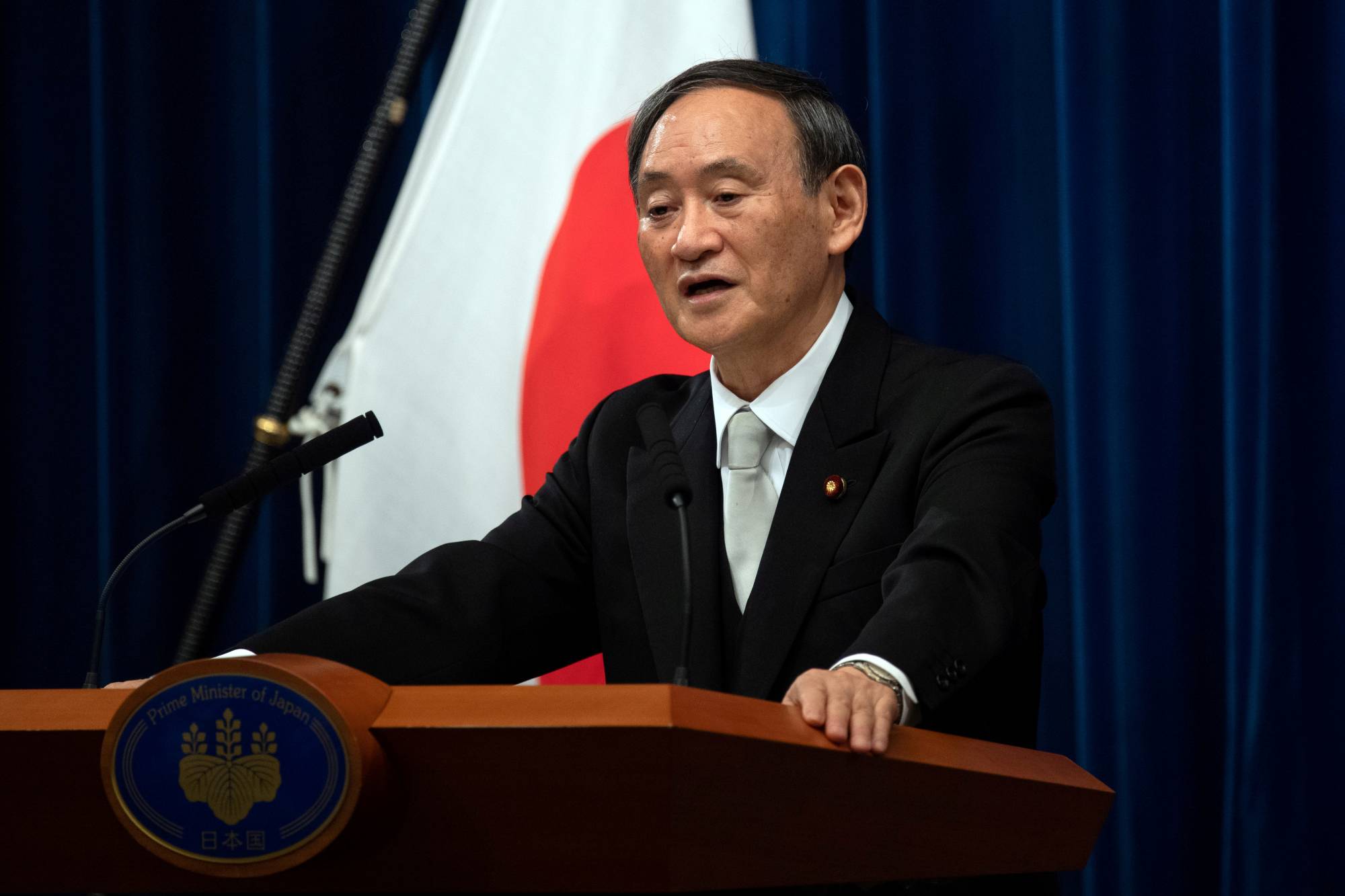A funny thing happened between the day Shinzo Abe said he was stepping down as Japan's prime minister and the day Yoshihide Suga was elected the new president of the ruling Liberal Democratic Party and Abe's presumptive successor. Prior to Abe's Aug. 28 announcement, his Cabinet's support rate was the lowest it had been since July 2017. Afterward, however, it skyrocketed.
In a discussion published in the Sept. 21 issue of Aera, journalist Akira Ikegami called this phenomenon the "Toshimaen" effect, essentially linking it to an amusement park in Tokyo bearing the same name. When the park revealed in February that it was closing without specifying a date, people started flocking to it in numbers it hadn't seen in decades. As Ikegami put it, the public knew Toshimaen was about to vanish and missed it even before it closed.
Ikegami's analogy suggests that most citizens aren't interested in the government per se. A lot of people still get their news from television, which simplifies matters and skews coverage so as not to tax the intellect. When the media suddenly boosted Suga as the likely next prime minister, everyone accepted it, despite the fact that, before Abe's resignation, few press outlets considered him leadership material.

















With your current subscription plan you can comment on stories. However, before writing your first comment, please create a display name in the Profile section of your subscriber account page.